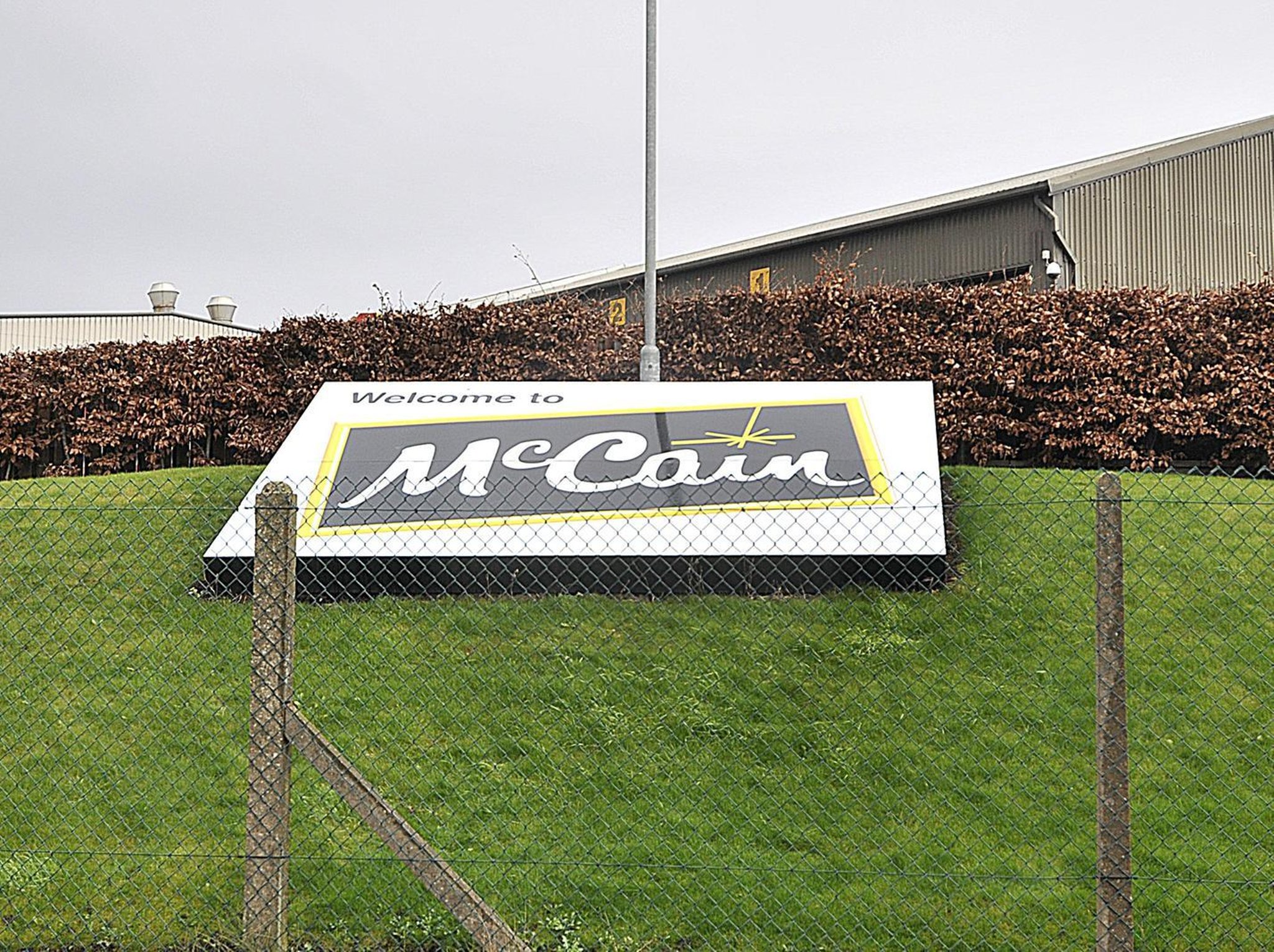With South Africa’s rising black middle class choosing diversified range of healthy food retailers were demanding better potatoes quality.
McCain Foods, a global leader in prepared potato products in more than 160 countries, said through its global sustainability report, it was to procure potatoes from farmers practising regenerative agriculture.
Unathi Mhlatyana, MD at McCain Foods South Africa said the company aimed to implement regenerative agriculture practices on 100% of its potato acreage by 2030, “reducing CO2/tonne from potato farming, storage and freight by 25% as well as improve water-use efficiency by 15% in water-stressed regions by 2025.”
It is unclear how McCain Foods will achieve this given that South Africa’s potatoes production was firm having planted 51 000 hectares in 2020, managing to produce 263 million 10 kg bags to the market said Potatoes SA Chief Executive Officer Willie Jacobs.
Paul Makube, agricultural economist from FNB said the favourable potatoes production conditions in the country and seasonal supplies would limit further upside in potatoes prices in the medium term.
“Potato supplies for 2021 have been strong and trended above last year which saw the cumulative volume of sales for the first five months increasing by 29% y/y and the corresponding average price up 3% y/y” he said.
McCain Foods was insistent off attaining products with more recognizable ingredients removing ‘all palm oil from McCain-branded products by 2025, reducing sodium in potato and appetizer products by 15% and expanding its healthy food offering.’
In reality, numerous studies on potatoes farming practices have confirmed the spread of pathogens found in some at some potatoes farming units.
A recent study published in CHIPS magazine by Carmen Rensburg and Prof Jacquie van der Waals of the University of Pretoria said powdery scab, root galling and root infection were three potatoes diseases caused by Spongospora.
The three potatoes diseases are worldwide phenomena in the potato industry and had an impact to marketability and quality of potato seed tubers which could in high probabilities have an influence on water and nutrient uptake.
For McCain Foods, the switch to regenerative potato farming had to do more with reducing carbon emissions and food security.
“Considering that the United Nations predicts the population to increase to 9.7 billion in 2050 from 7.9 billion currently, it is vital that current farming practices change, otherwise feeding the world in 30 years will require an 87% increase in carbon emissions” added Mhlatyana.
While fairly a new concept involving preservation of soil quality and conservation, regenerative agriculture is currently a small talk among potatoes producers considering introduction of South Africa’s carbon tax and retailers food traceability.




















